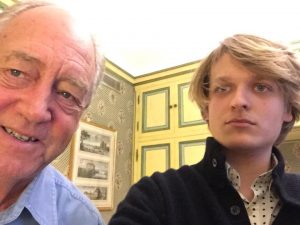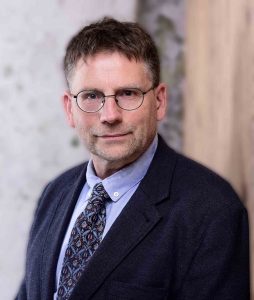 Heiner Rindermann PhD, is Professor of Educational and Developmental Psychology at the Technical University of Chemnitz (Germany). He is psychologist (PhD University of Heidelberg). His work deals with education and ability development, intelligence and student achievement, economy and politics, evolution and culture, and their interplay at the level of individuals and societies. His recent major contribution is Cognitive capitalism: Human capital and the wellbeing of nations published in 2018 by Cambridge University Press.
Heiner Rindermann PhD, is Professor of Educational and Developmental Psychology at the Technical University of Chemnitz (Germany). He is psychologist (PhD University of Heidelberg). His work deals with education and ability development, intelligence and student achievement, economy and politics, evolution and culture, and their interplay at the level of individuals and societies. His recent major contribution is Cognitive capitalism: Human capital and the wellbeing of nations published in 2018 by Cambridge University Press.
Grégoire Canlorbe: An early contribution on your part in establishing the connection between cognitive ability and human development (in the broadest sense) was to show how the spread of AIDS among ethnicities of different continents is greater as the cognitive ability is lower. Could you remind us of your analysis?
Heiner Rindermann: In two publications from 2007 and 2009 with my German colleagues Georg W. Oesterdiekhoff, a sociologist, and Gerhard Meisenberg, a biologist, I showed that education (as a proxy for intelligence and knowledge) and cognitive ability (comprising intelligence and knowledge) reduce the impact of the HIV spread.[i] If wealth and modernity are added in analyses at the level of nations – comparing different countries – the effects of wealth and modernity even turned positive, increasing HIV rates! Disproving the usual theory, that AIDS is a disease of the poor, the data robustly showed that AIDS is a disease of the low intelligent. But why? Isn’t this result biased or mad?
In closer consideration not at all: Studies from other authors on AIDS or on diabetes at the level of individuals also show that income and even education are not crucial for health. The crucial factor is intelligence. Again: Why? Here the Piagetian approach can help us as used by Georg W. Oesterdiekhoff and cognitive hermeneutics of everyday life as I tried to explain in my Cognitive capitalism book: People at lower levels of cognitive development and intelligence, especially if living in a social environment with a similar low level, tend to think and act irrationally, e.g. they believe in magic and behave in ineffective or even self-damaging ways. I.e., AIDS is not seen as being caused by HIV transmitted by unprotected sex but being caused by God, magical powers or sorcery and consequently can be cured by magical treatment, e.g. by having sex with a virgin. And these aren’t excuses for sexual abuse or own failings but people really believe this.
For instance, a quote from a study by African researchers in Mali underscores this: “Accidents are never attributed to faults or incompetence of the people in charge or machine failure, they are always orchestrated by certain superstitious powers.”[ii] Such a mindset will not lead to more cautiousness or better maintenance reducing accidents.
[Read more…] about A conversation with Heiner Rindermann, for Man and the Economy
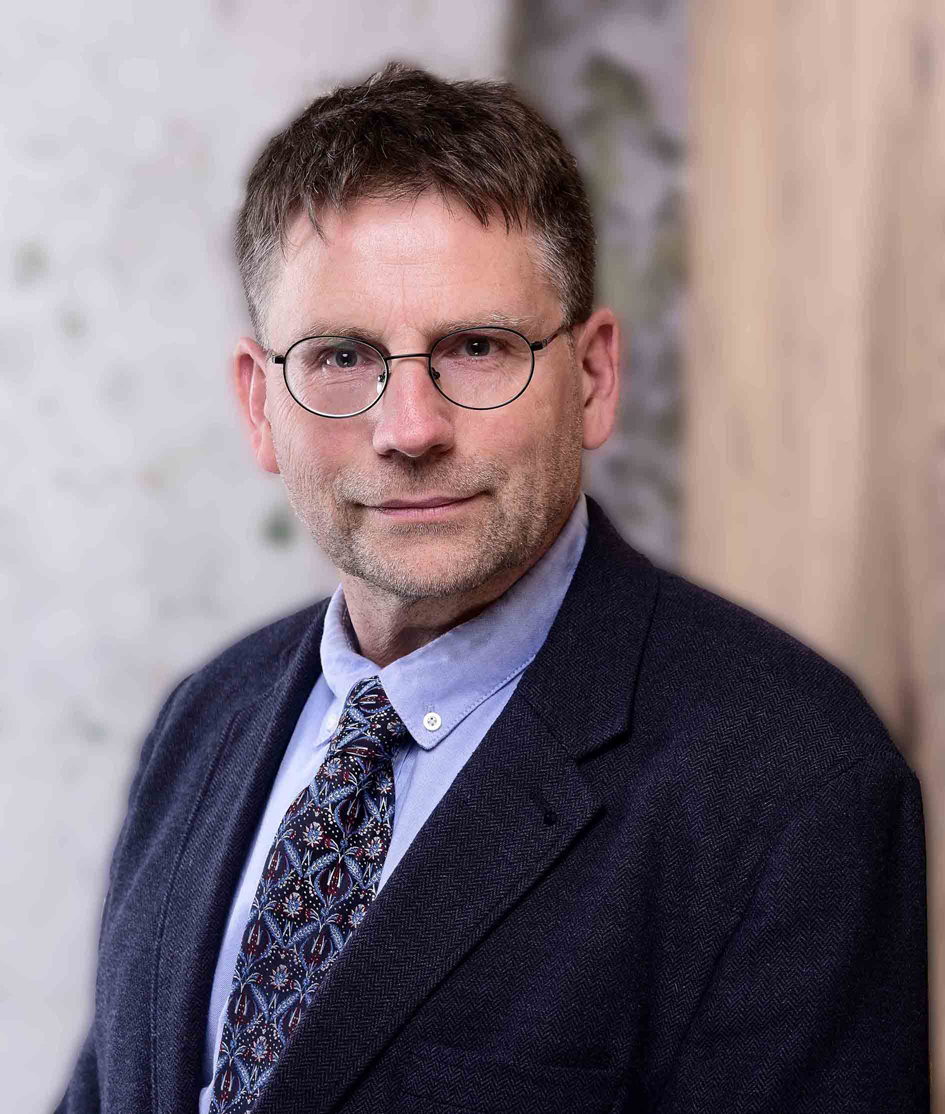
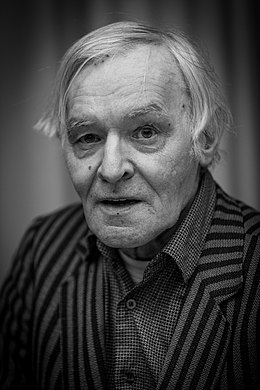
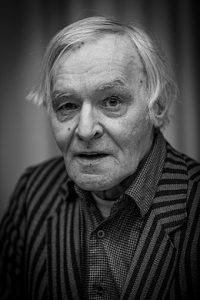 Guillaume Faye is a French philosopher, known for his pro-Zionism right-wing paganism, his call for a Eurosiberian Federation of white ethno-states, or his concept of archeofuturism, which involves combining traditionalist spirituality and concepts of sovereignty with the latest advances in science and technology.
Guillaume Faye is a French philosopher, known for his pro-Zionism right-wing paganism, his call for a Eurosiberian Federation of white ethno-states, or his concept of archeofuturism, which involves combining traditionalist spirituality and concepts of sovereignty with the latest advances in science and technology.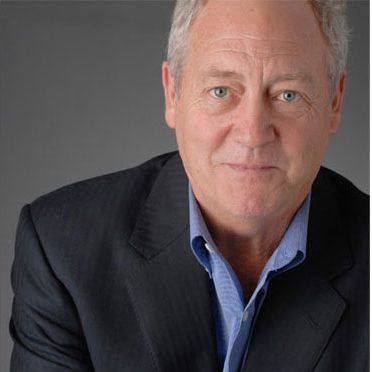
 Patrick Moore is a Canadian activist, and former president of Greenpeace Canada. Since leaving Greenpeace, which he helped to found, Moore has criticized the environmental movement for what he sees as scare tactics and disinformation, saying that the environmental movement “abandoned science and logic in favor of emotion and sensationalism.” He has sharply and publicly differed with many policies of major environmental groups, including Greenpeace itself on other issues including forestry, biotechnology, aquaculture, and the use of chemicals for many applications.
Patrick Moore is a Canadian activist, and former president of Greenpeace Canada. Since leaving Greenpeace, which he helped to found, Moore has criticized the environmental movement for what he sees as scare tactics and disinformation, saying that the environmental movement “abandoned science and logic in favor of emotion and sensationalism.” He has sharply and publicly differed with many policies of major environmental groups, including Greenpeace itself on other issues including forestry, biotechnology, aquaculture, and the use of chemicals for many applications.